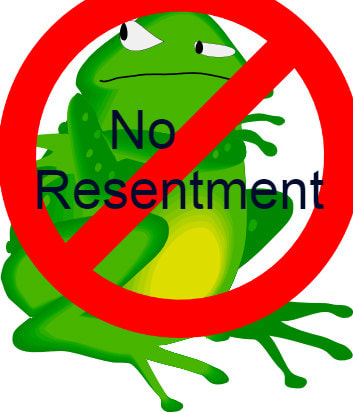Success of any kind can have one of two effects; one positive and one negative,. The positive effect is that achievement can be a source of inspiration and motivation to others. It can also provide reflected glory by a group or team. This happens when the collective group takes pride in the achievement of one of its members; it reflects back positively on all of them. The negative effect is "outperformance." This occurs when we do better than our friends or peers and it can put a strain on those relationships. It can even lead to outright rejection.
We kind of understand this behavior at the workplace, perhaps even in school where competition can be fierce. But, unfortunately, we can experience these negative reactions even when "doing a good deed." Why is that? Dr, Juliana Breines says this, "Behaving according to one's moral principles can make others feel implicitly judged." Research has shown that humans who negatively judge others tend to think that they are being negatively judged. Because doing well or "doing good" can mean negative attention and rejection, humans often shy away from sharing their accomplishments. Some go so far as to 'play dumb' just to avoid making others feel threatened or uncomfortable. Some degree of modesty can be beneficial, it is not appropriate to have chronic self-deprecation, either. This is especially true if it leads to such behavior as intentional failure. This happens more than it should, especially with school-aged children.
Is there a way to highlight our goals and achievements without suffering the social costs or alienating others? The answer is YES! Researchers have found through numerous studies that the best way to express our triumphs and avoid the negative consequences is by making it clear that no matter what we've accomplished, we don't look down on others. This can seem like an obvious statement but it is an extremely important one. For example, if you've become more active and like to promote living a healthy lifestyle it's important when talking to other people, to add that you appreciate that they might have their own definition of what it means to be healthy. This promotes your achievement without making your "audience" feel judged or looked down on.
Humans, like frogs, are all different; with different goals, and different views on life and the world around them. Not everyone is thick-skinned, like a toad, and feelings can be fragile. Making others feel valued and understood, no matter their viewpoints is vitally important to living in a more peaceful and inclusive world.

 RSS Feed
RSS Feed